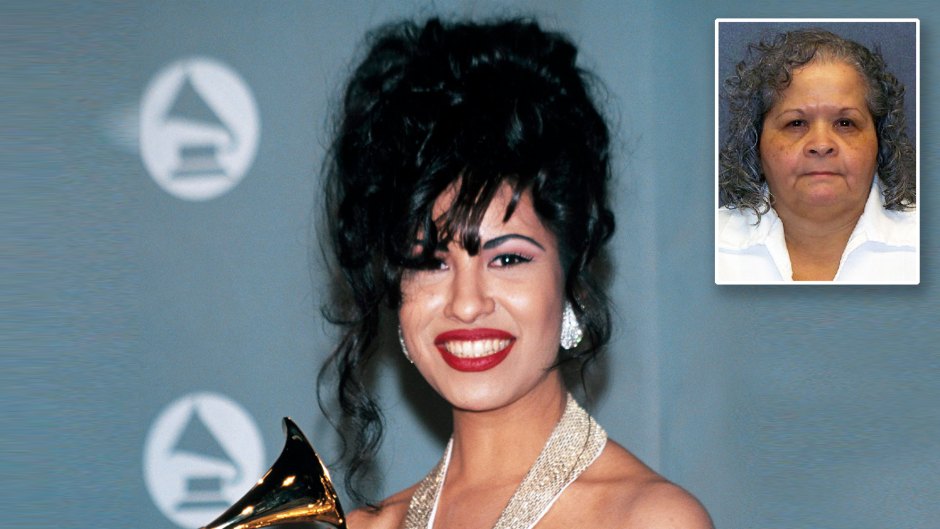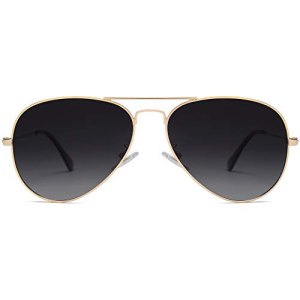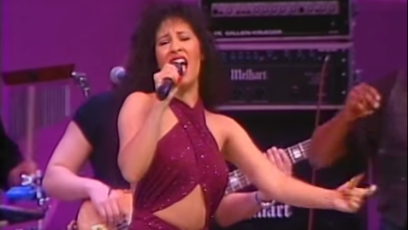
Davila/Mediapunch/Shutterstock; Texas Police
Selena Quintanilla-Pérez’s Killer Wants a New Trial But Isn’t Eligible for Parole Until 2025
She’s demanding a second look. Late singer Selena Quintanilla-Pérez’s convicted killer, Yolanda Saldívar, is demanding a new trial, In Touch can confirm. She is eligible for parole in 2025, but is now claiming the prosecutor, Carlos Valdez, held exculpatory material evidence — or evidence that is favorable to the defendant, in layman’s terms — and didn’t disclose it to the defense or the jury during the trial for Selena’s 1995 murder.
In court paperwork obtained from the United States District Court’s Waco Division, Saldívar filed a Second Writ of Habeas Corpus on March 28, 2019. She claimed that Valdez presented evidence he didn’t disclose initially to the public in a Spanish media interview some 23 years later. She now says the State’s Exhibit Index did not include a pair of white high top Reebox Tennis Shoes and/or a Black Baseball Cap given as evidence to the jury, which she claimed were worn by Selena and not her.

Selena was shot and killed by Saldivar — who was the president of her fan club — on March 31, 1995. She was only 23 years old at the time.
Saldivar is now alleging that there is “no doubt” the prosecutor “impaired the verity of the evidence” in the case “by not only withholding the evidence but claiming that those tennis shoes belonged to the defendant, inciting and infecting the public’s sediment even more against the Petitioner before, during and now with his recent media interview.” The court papers claim Saldivar thinks Valdez “knew those tennis shoes belonged to the victim and withholding them helped get the conviction of the Petitioner practicing a travesty of justice to the rule of law.”
“The ‘withholding’ of the victim’s shoes are of a great consequence because if it is as Mr. Valdez claimed in his March 16, 2018 interview that the Petitioner ‘stepped’ on victim’s blood as she followed the victim, then ‘intent’ would have been proven or disproven,” the paperwork read. “For 23 years, the jury nor the defense knew that such shoes existed.” However, the case was dismissed “without prejudice” because it was filed in district court and permission needed to be sought from the Fifth Circuit.
Have a tip? Send it to us! Email In Touch at contact@intouchweekly.com.








































